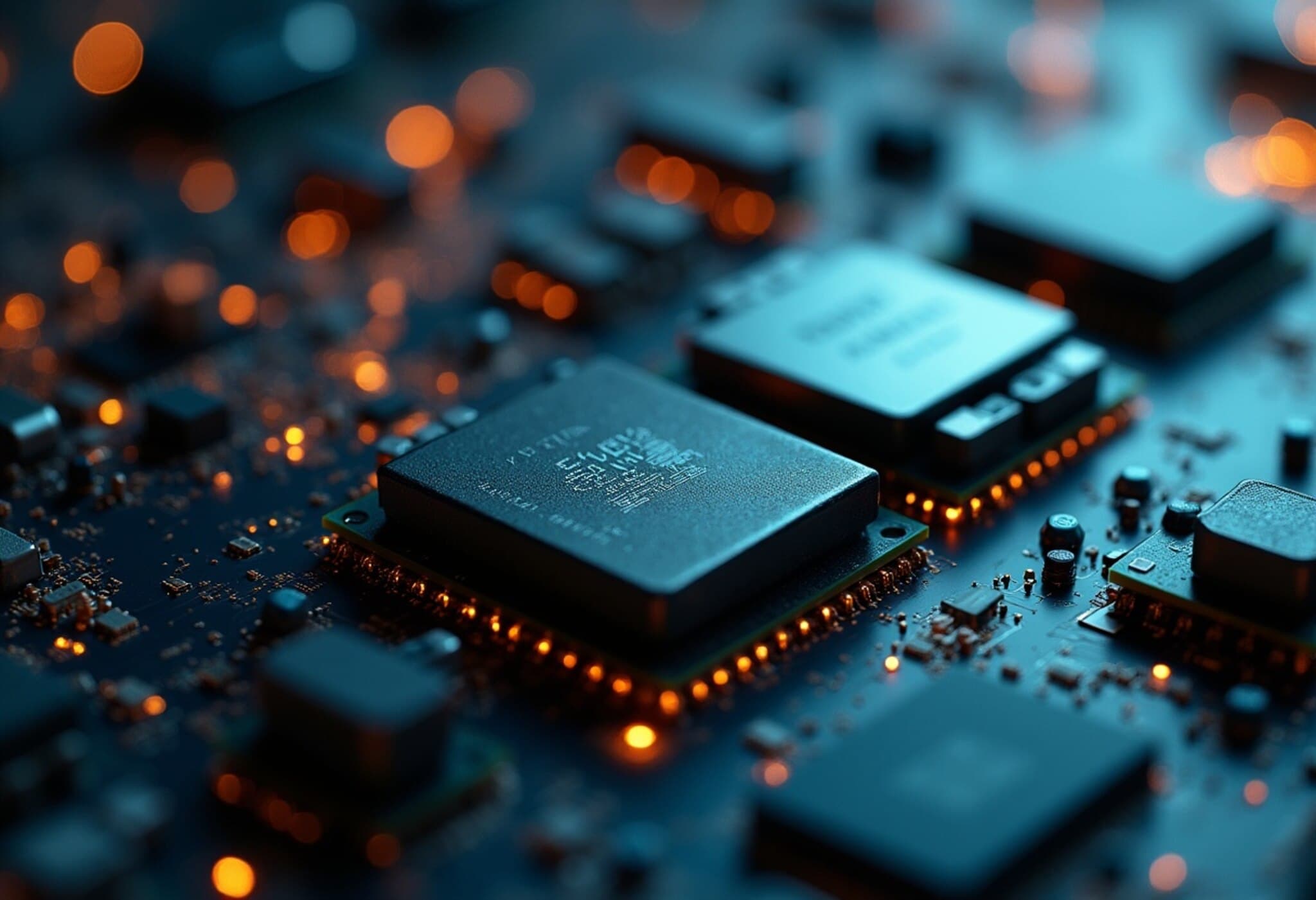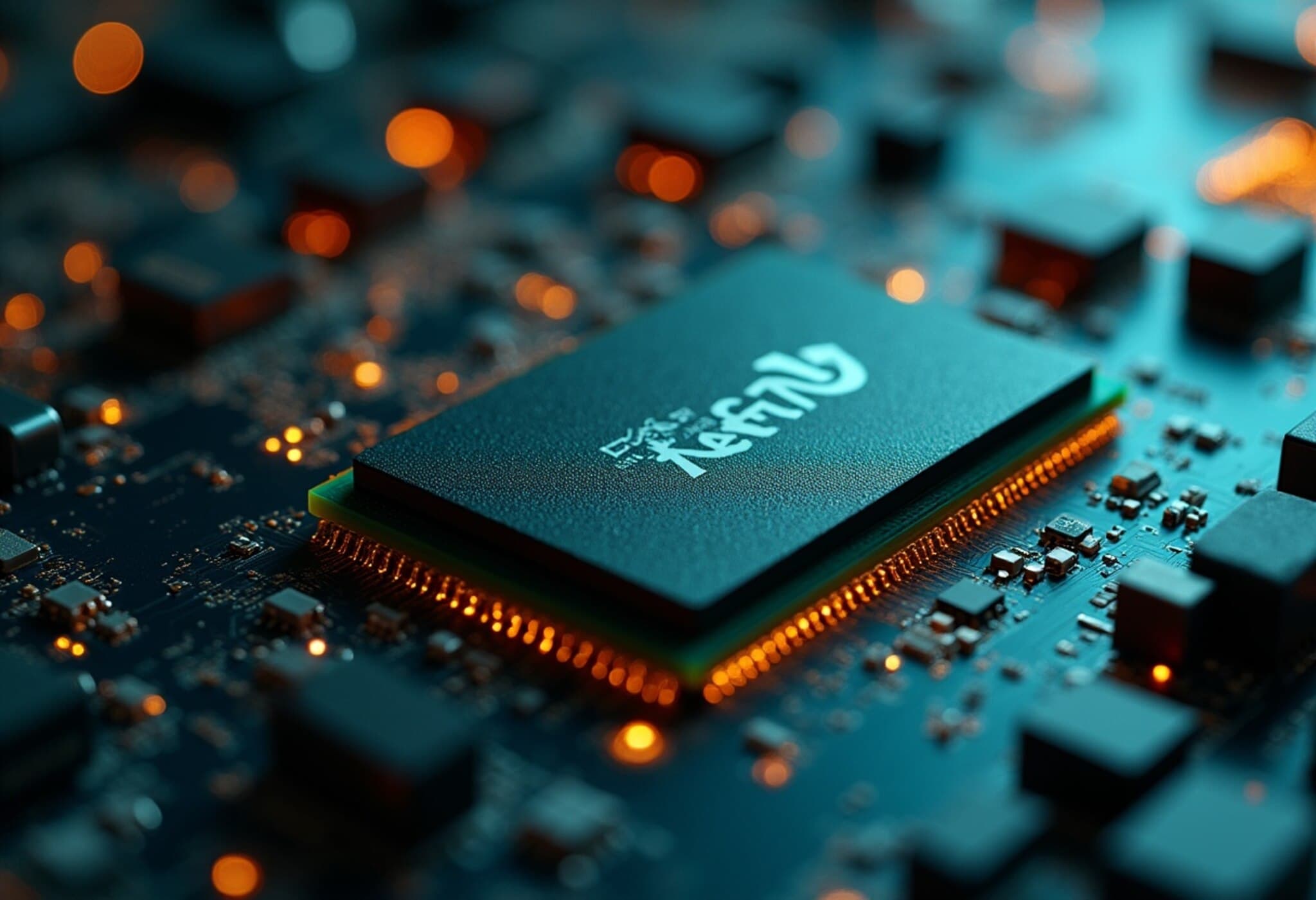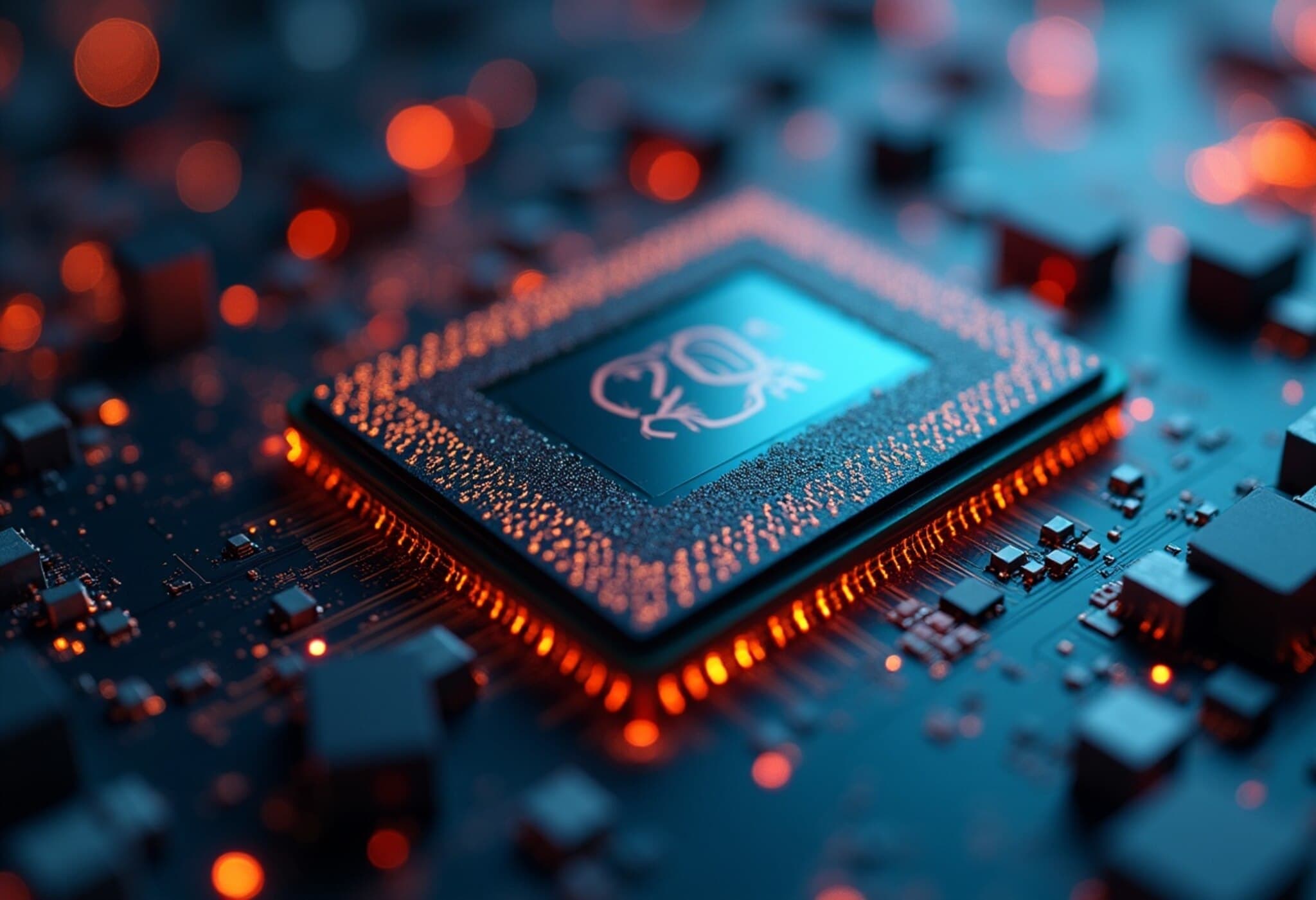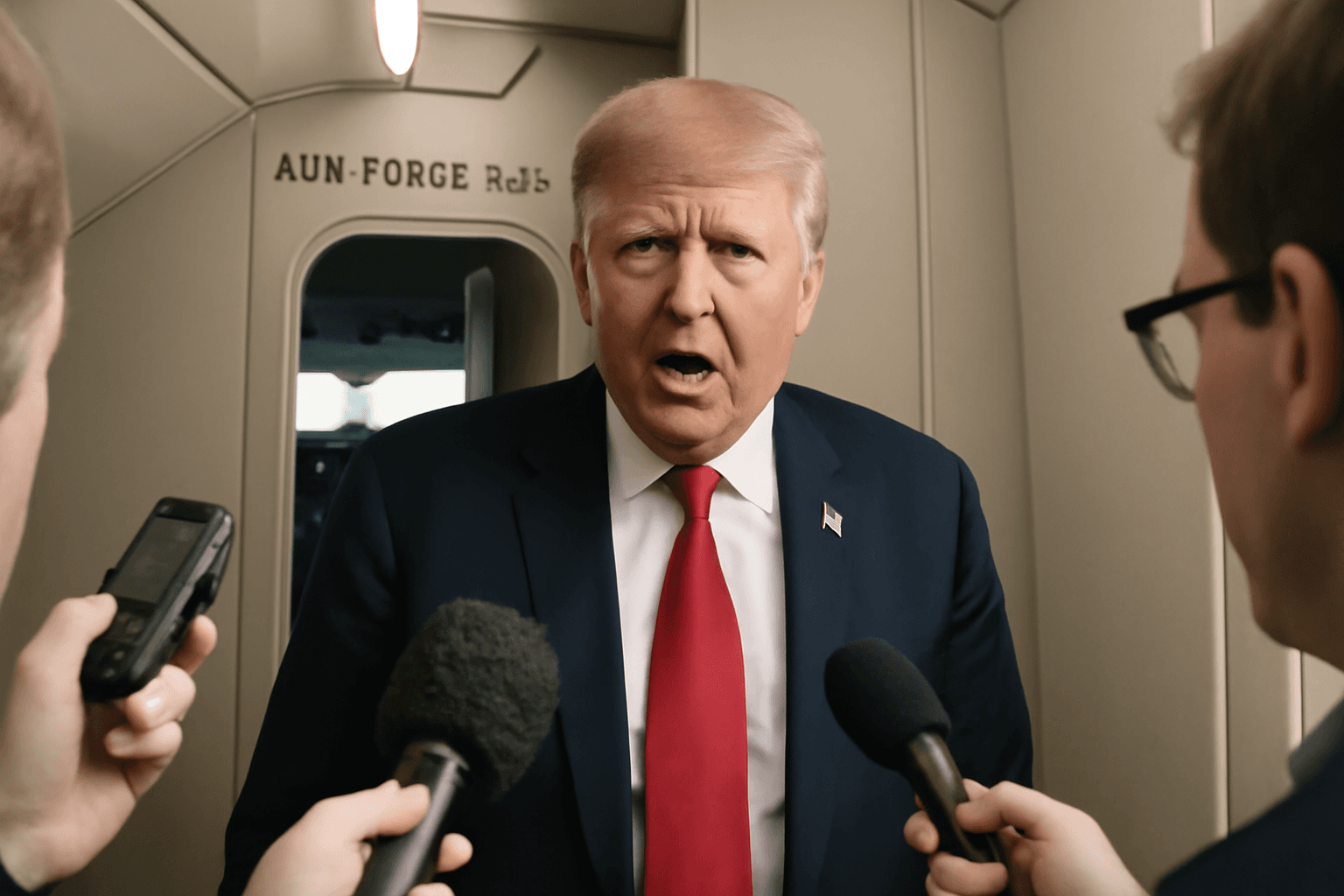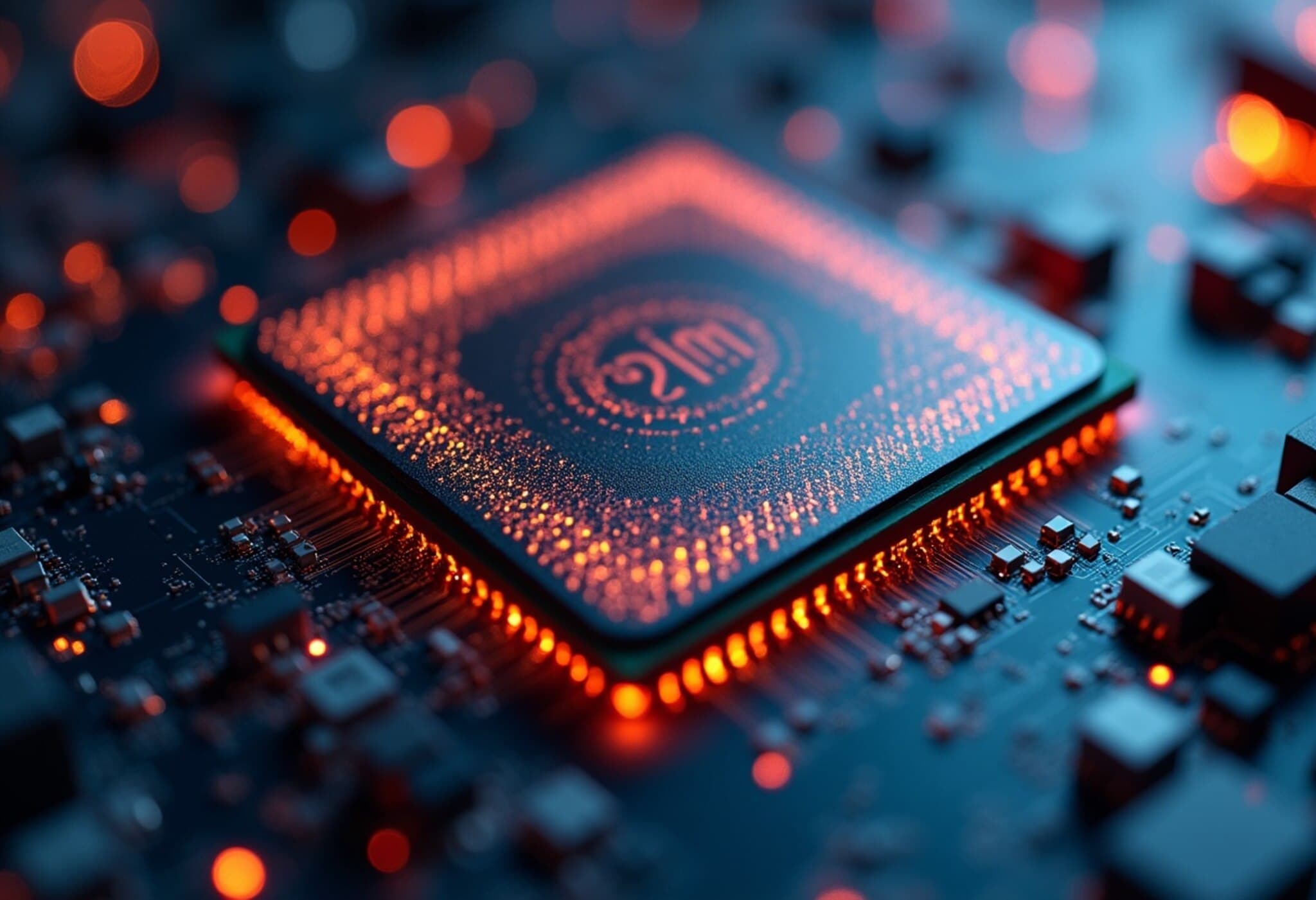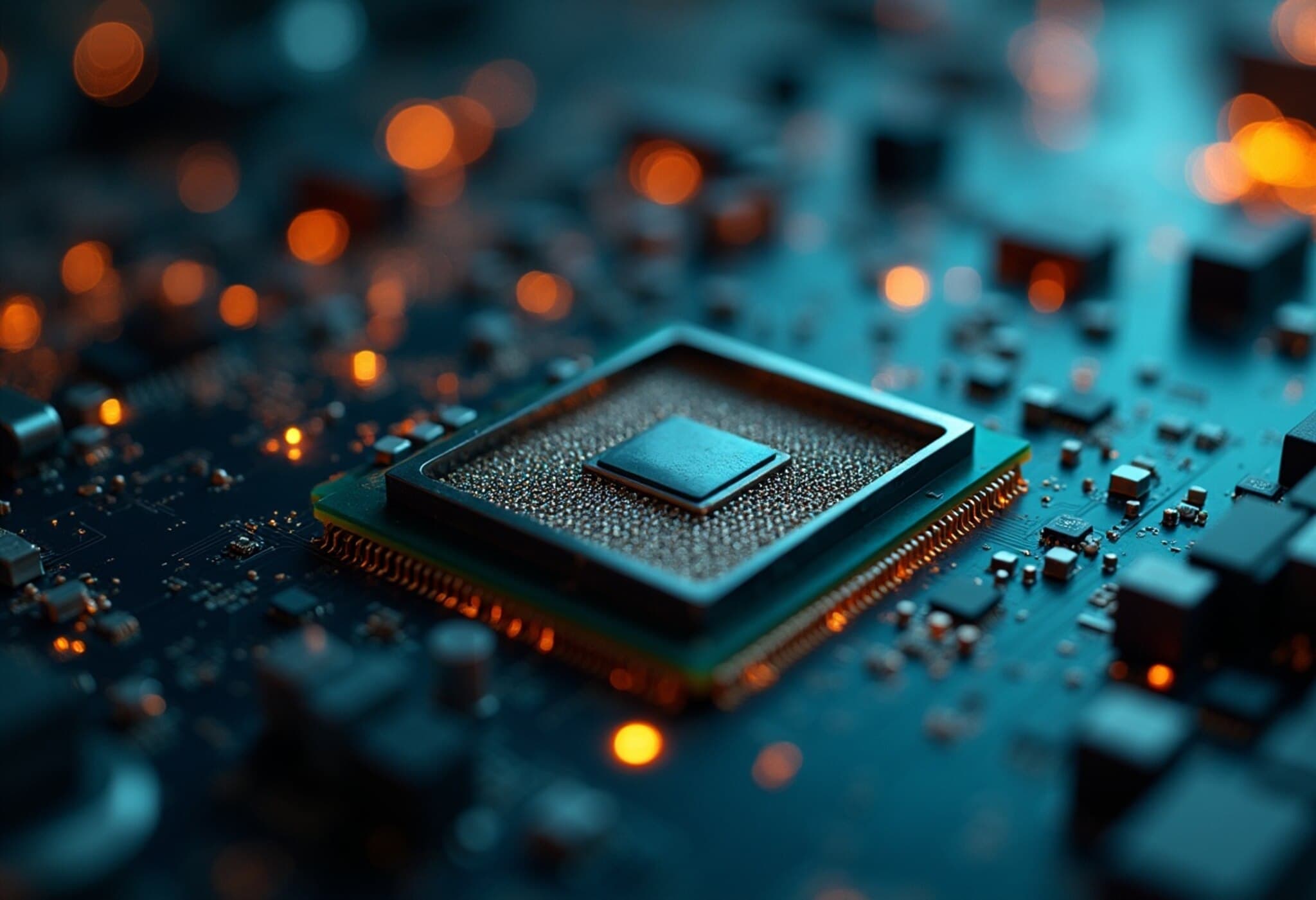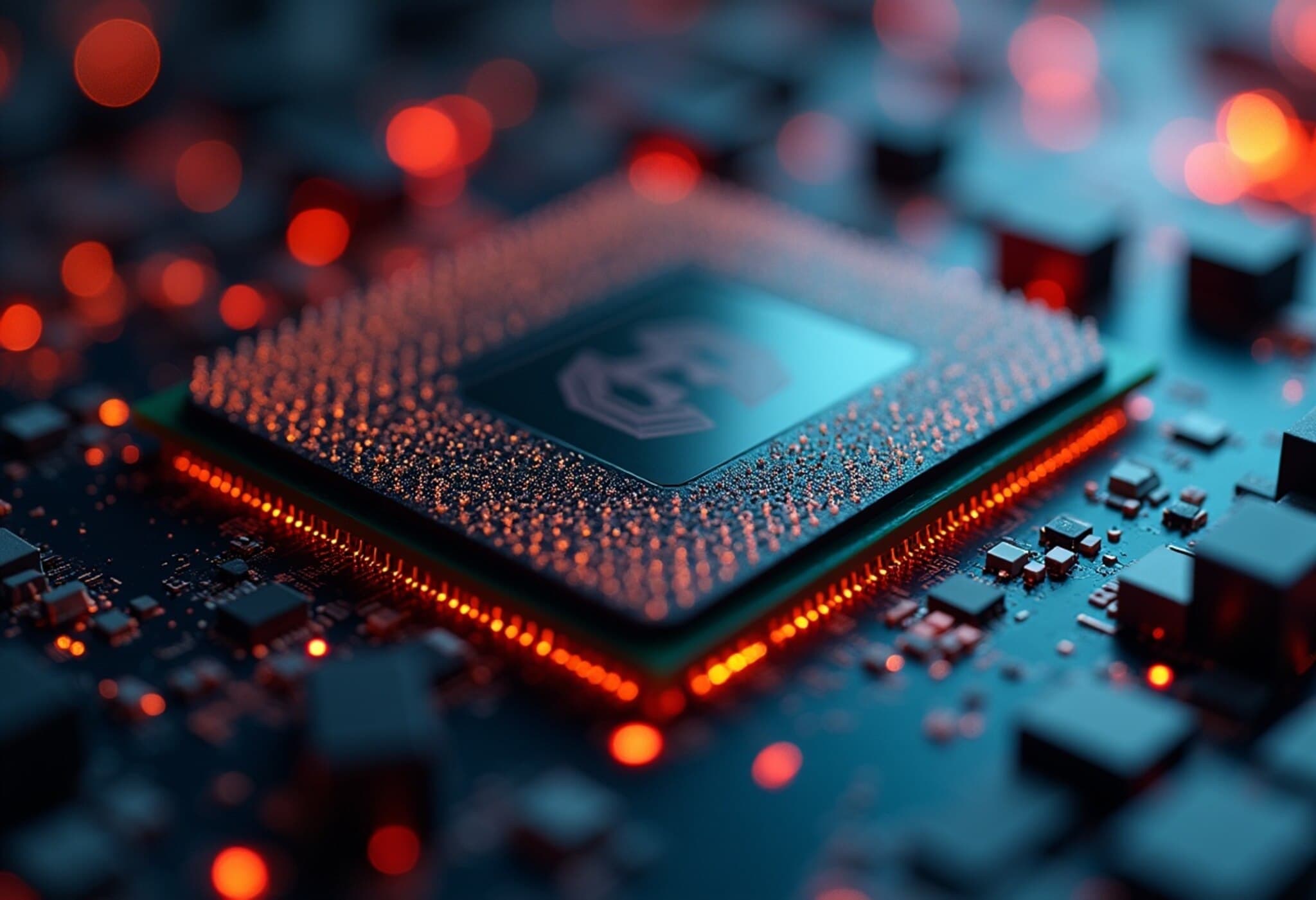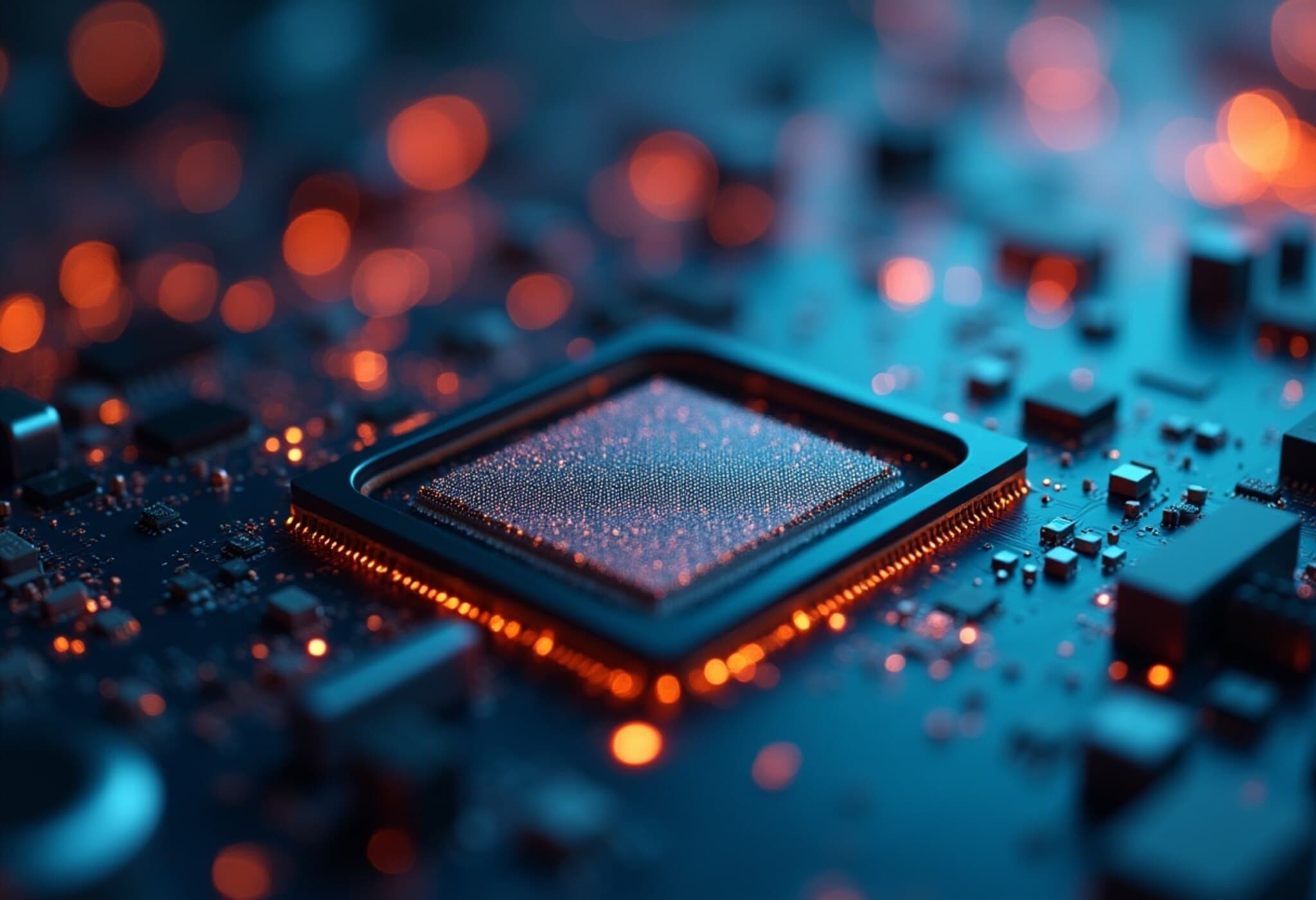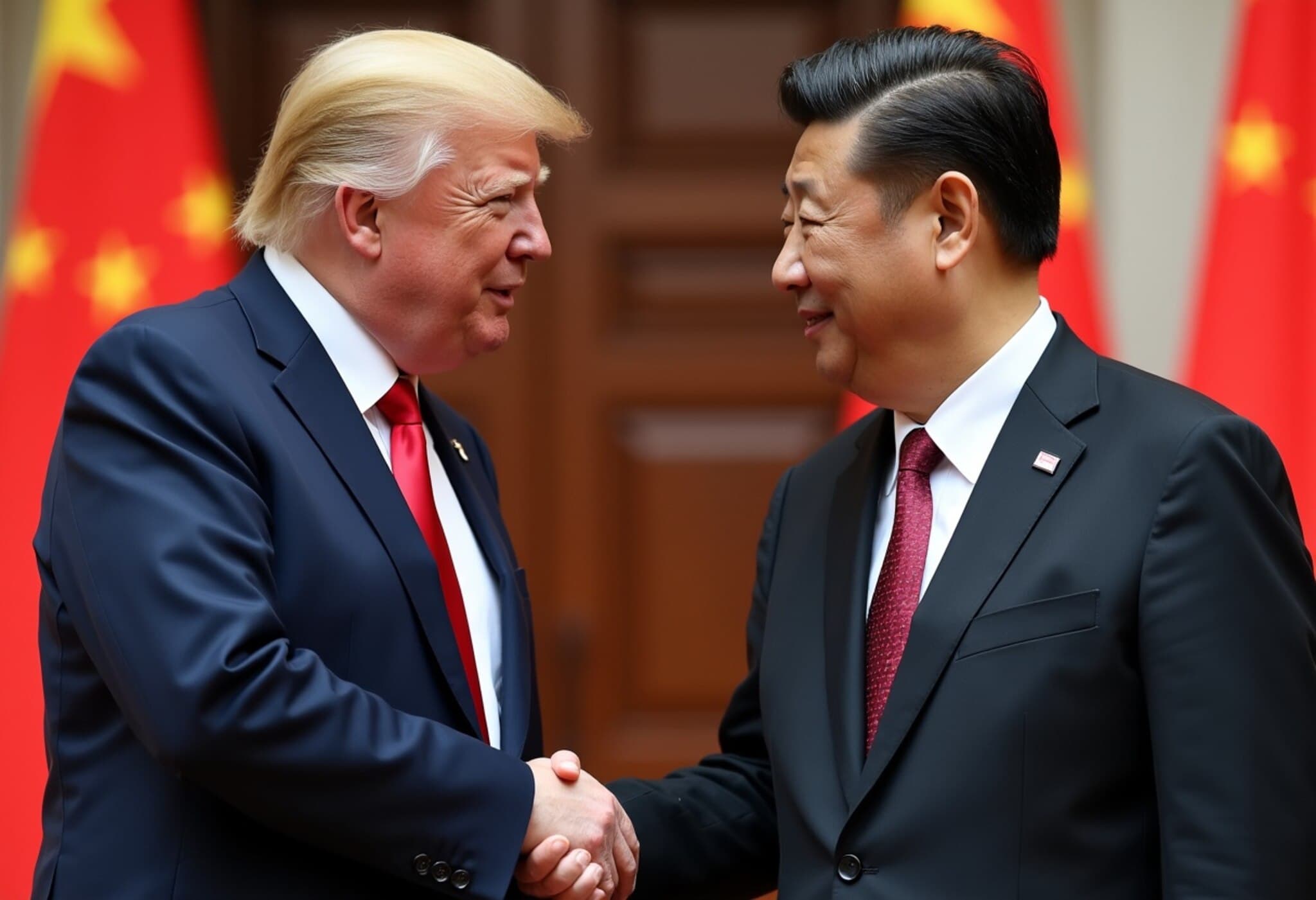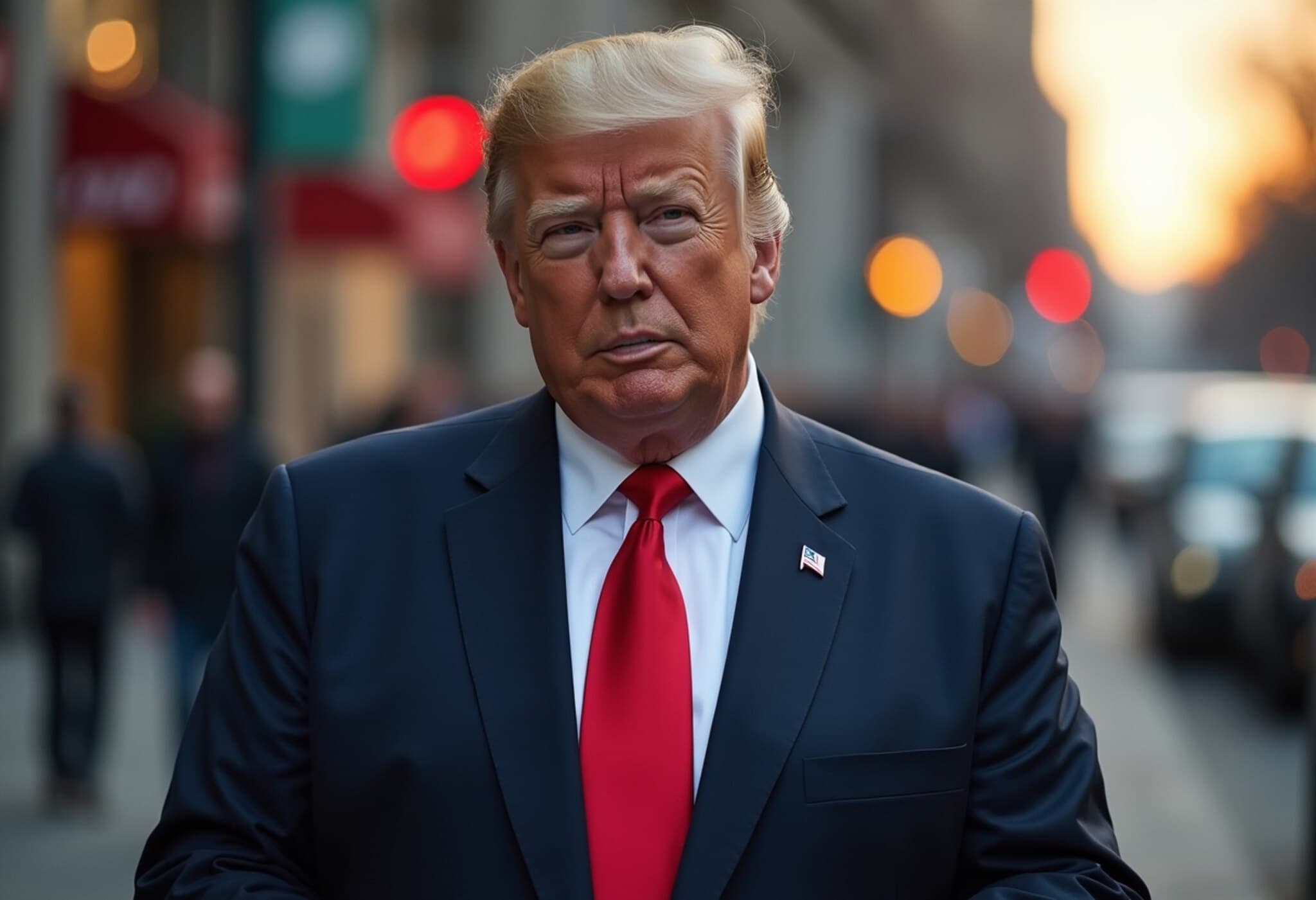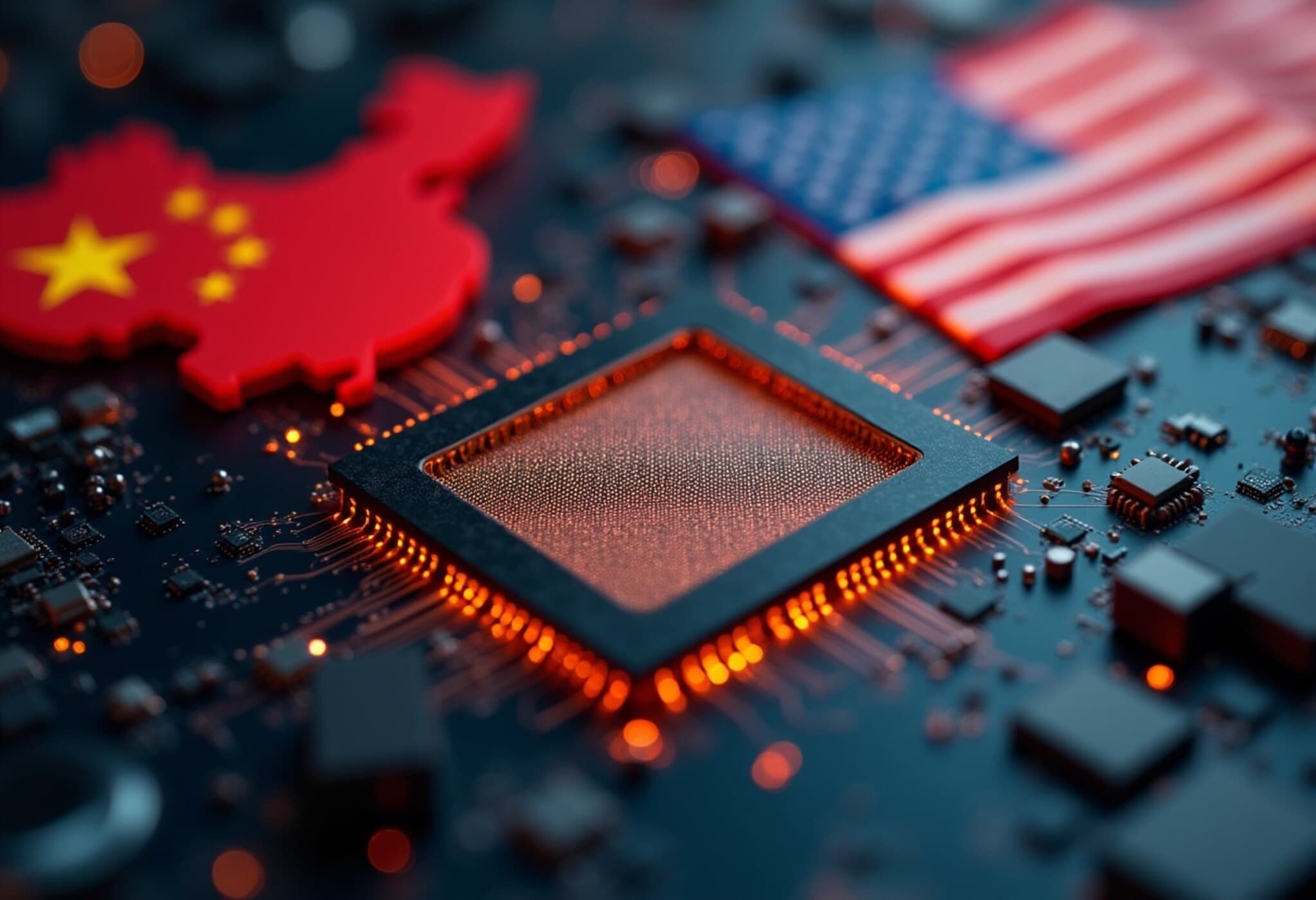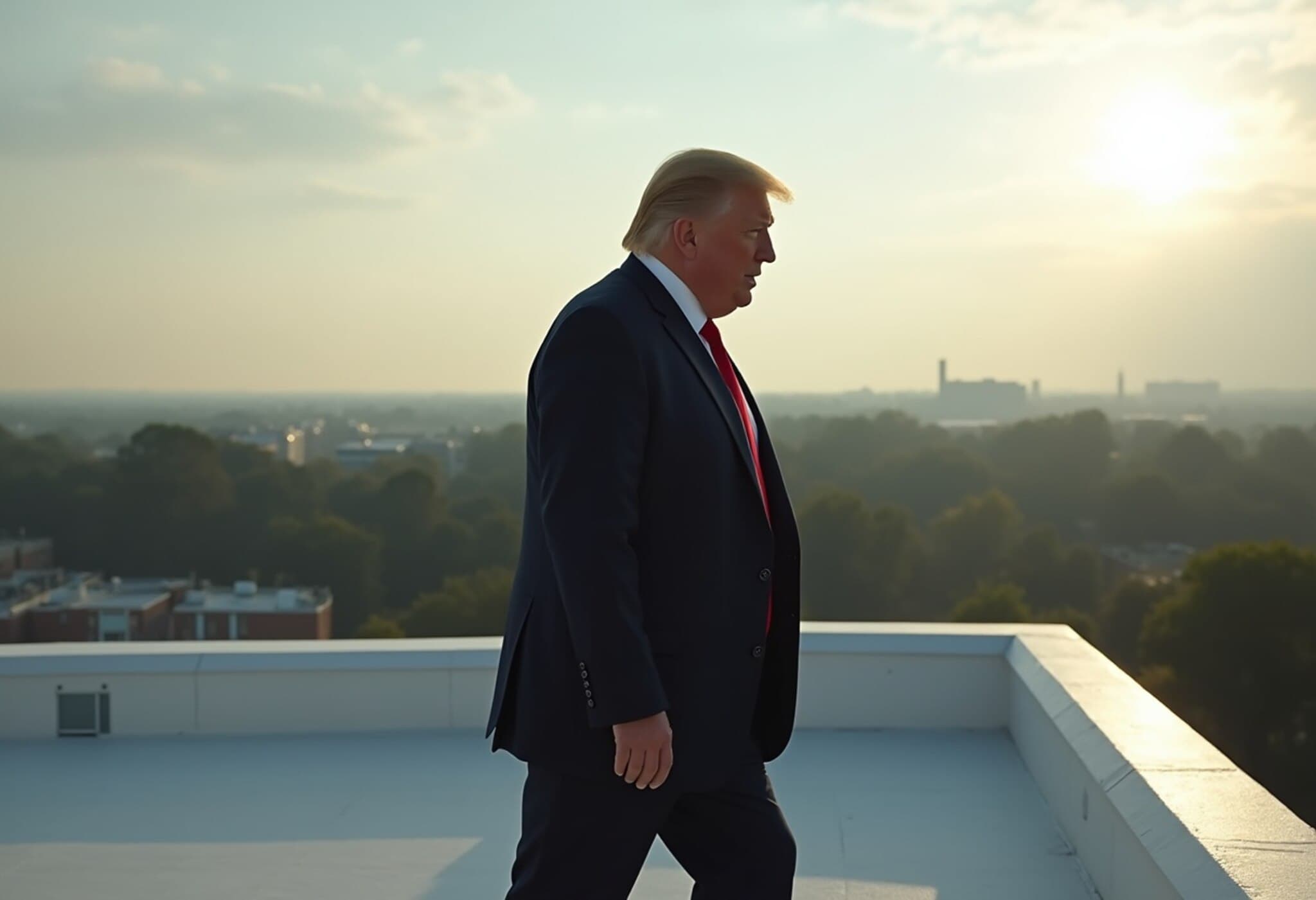Two Chinese Nationals Arrested for Illicit Shipping of Advanced Nvidia AI Chips
In a significant legal crackdown, U.S. authorities have arrested two Chinese nationals based in California for unlawfully exporting cutting-edge Nvidia AI chips to China, defying stringent American export control laws. The Department of Justice (DOJ) revealed that between October 2022 and July 2025, the accused shipped millions of dollars worth of advanced semiconductor technology without the mandatory government licenses.
Details of the Alleged Illicit Operations
The individuals, 28-year-olds Chuan Geng and Shiwei Yang, operated through their California-based firm, ALX Solutions, which was established shortly after the U.S. government imposed export restrictions on such advanced technologies in 2022.
According to the DOJ’s criminal complaint, the shipments included Nvidia’s H100 general processing units (GPUs)—regarded as some of the most sophisticated chips globally, primarily designed to power advanced artificial intelligence (AI) workloads. These chips could significantly bolster China’s AI development capabilities, which Washington aims to control through export limitations.
Export Controls and Enforcement Challenges
Since 2022, the U.S. Department of Commerce has placed tight controls on the export of high-performance semiconductors to China to prevent technology transfers that might enhance Chinese military or strategic AI advantages. However, this case exemplifies the persistent challenges in enforcing these controls given the ingenuity of smuggling networks.
Authorities found that ALX Solutions attempted to disguise the shipments by routing them through Malaysia and Singapore—common transshipment hubs used to obscure the final destination of restricted goods. In December 2024 alone, ALX Solutions made over 20 shipments to freight forwarding companies in these countries, according to FBI and Commerce Bureau investigations.
Investigative Findings: Payments and Communications
Law enforcement's seizure of phones and other digital evidence from Geng and Yang uncovered explicit attempts to evade U.S. export regulations. Interestingly, rather than receiving payments directly from foreign companies they claimed to serve, ALX Solutions was paid by entities based in Hong Kong and mainland China, indicating the involvement of covert client networks.
Nvidia’s Stance and Broader Industry Implications
Nvidia responded by emphasizing its commitment to compliance: "We primarily sell our products to well-known partners, including OEMs, who help us ensure that all sales comply with U.S. export control rules," a company spokesperson told CNBC. They added that any misdirected products would lack official support, updates, or service, making their integration risky and unstable.
Despite such assurances, Washington remains deeply concerned about the widespread smuggling of AI chips. Recent reports estimate that at least $1 billion worth of Nvidia chips have illicitly reached China post the Trump administration’s tightened export controls—a figure that reflects the scale and sophistication of these operations.
Expert Analysis: Why This Matters
This case underscores a pivotal tension between technological innovation, geopolitical strategy, and enforcement capabilities. Advanced semiconductors like the Nvidia H100 are not mere commercial products; they are strategic assets with the power to influence national security and global AI leadership.
From a U.S. policy perspective, controlling chip exports is crucial to maintaining a technological edge in AI and related fields. Yet, the ALX Solutions case illustrates how legal frameworks alone may be insufficient without robust, coordinated enforcement and international cooperation to disrupt smuggling networks.
Looking Ahead: What This Means for Global Tech Trade
- Strengthening Export Controls: The DOJ and Commerce Department’s ongoing investigation signals a likely intensification of scrutiny on semiconductor exports and intermediary trade hubs.
- Corporate Responsibility: Companies like Nvidia must continue to refine supply-chain transparency and partner vetting to avoid complicity in unauthorized sales.
- Geopolitical Ramifications: This case adds fuel to the broader U.S.-China tech rivalry, potentially influencing future trade negotiations and technology diplomacy.
Editor’s Note
This unfolding episode sheds light on the shadowy underbelly of global technology trade—a realm where advancements in AI and semiconductor technology collide with national security interests and regulatory challenges. As the U.S. strives to safeguard its cutting-edge innovations, the fight against illicit exports becomes more than a legal battle; it’s a crucial front in the global competition for technological supremacy.
Readers should consider: How can governments balance technological openness with security? What responsibilities do corporations have in this complex ecosystem? And how might emerging enforcement strategies adapt to increasingly sophisticated smuggling techniques?

